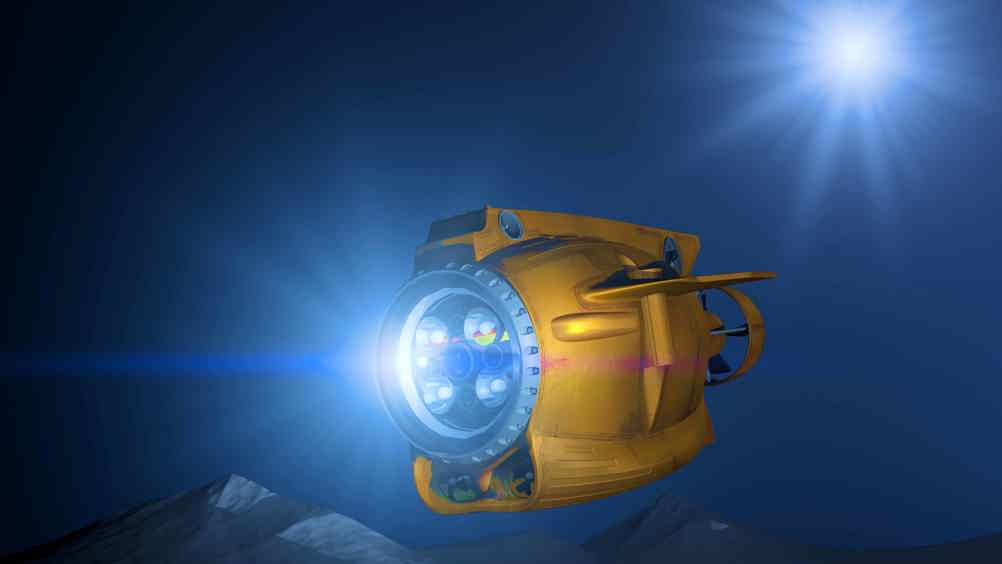Pressure-tolerant batteries promise improved performance for deep-dive underwater vehicles
A consortium led by UK industrial computing specialist Steatite has announced the successful completion of the first phase of a 24-month project to develop a pressure-tolerant lithium sulphur (Li-S) battery pack.

The firm claims that the technology could help to improve the endurance and speed of ‘deep-dive’ autonomous underwater vehicles (AUVs).
The project, which is due for completion in October 2017, aims to exploit the potential of Li-S cell technology to surpass conventional lithium-ion (Li-ion) solutions, and will enhance the capabilities of the scientific and defence vehicles used in applications across the marine and maritime community, including subsea structures, ROVs, profilers, buoys and submersible systems.
AUVs are energy-limited, which constrains their operational envelope meaning that speeds are usually low (2-4 knots) and endurance can be limited.
By increasing the energy available within the vehicle, this operational envelope could be expanded, thereby raising both speed and range.
At the same time, as vehicles go deeper, the pressure vessels become excessively heavy and expensive and AUVs with internal batteries become limited by the fact that these batteries have to be recharged.
The Consortium - led by Steatite and funded by Innovate UK and the Defence Science and Technology Laboratory (Dstl) - aims to produce a pressure-tolerant battery pack that gets around these challenges.
Register now to continue reading
Thanks for visiting The Engineer. You’ve now reached your monthly limit of news stories. Register for free to unlock unlimited access to all of our news coverage, as well as premium content including opinion, in-depth features and special reports.
Benefits of registering
-
In-depth insights and coverage of key emerging trends
-
Unrestricted access to special reports throughout the year
-
Daily technology news delivered straight to your inbox










CCC Report Finds UK Climate Targets Still Within Reach
In 1990 67% of the UK´s electricity came from coal-fired power stations and even without renewables the transition to gas was a major contributor to...